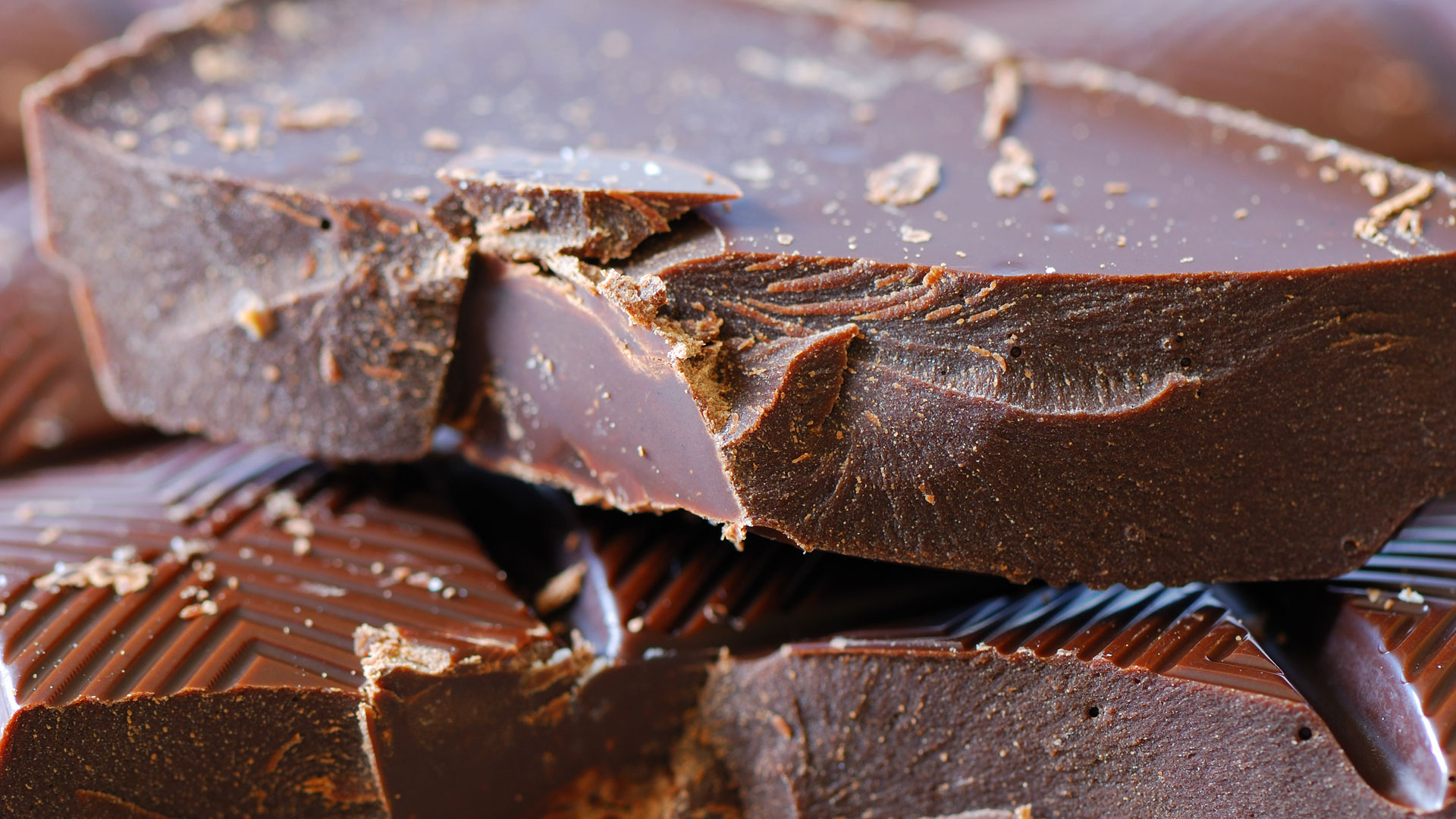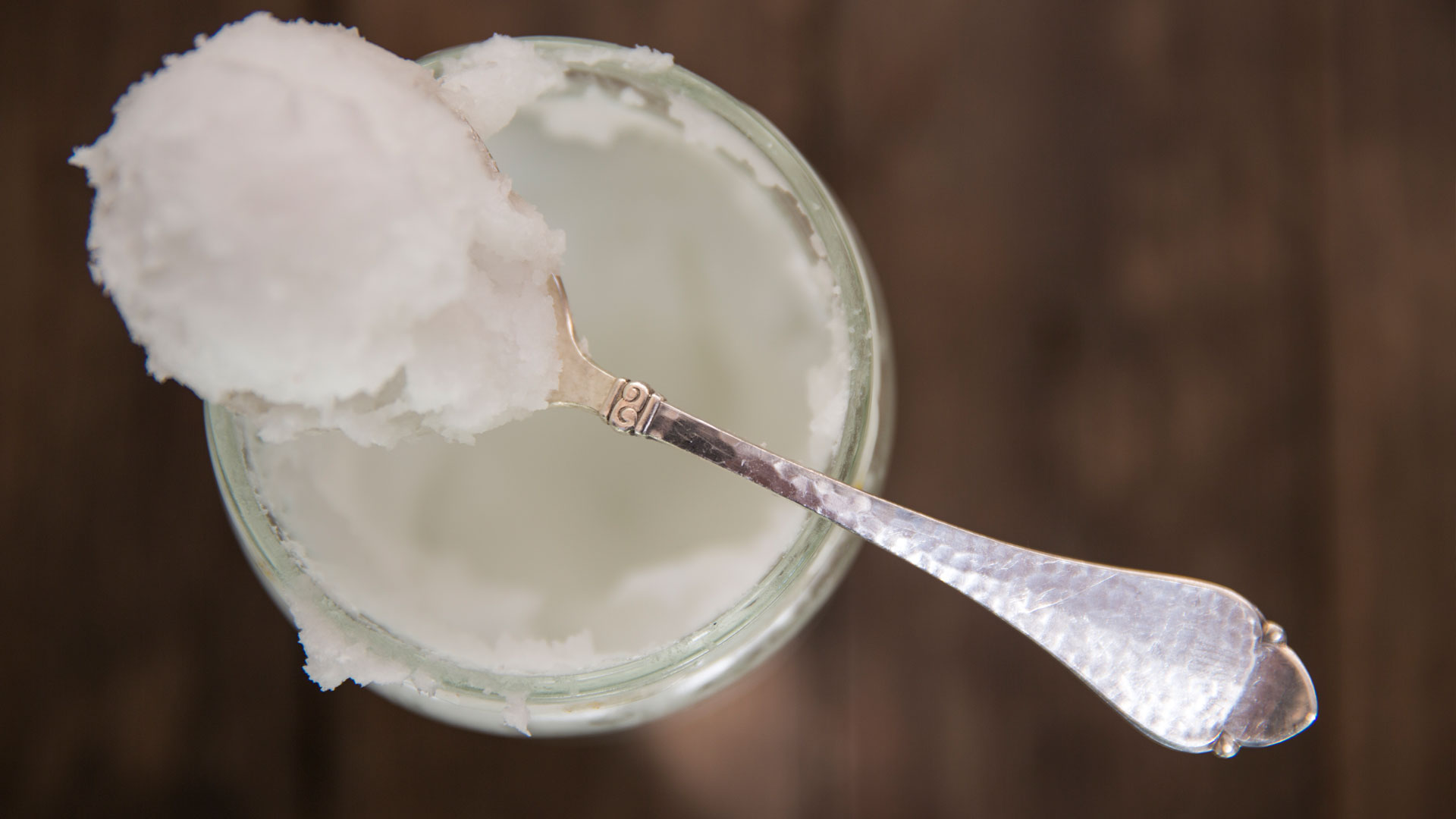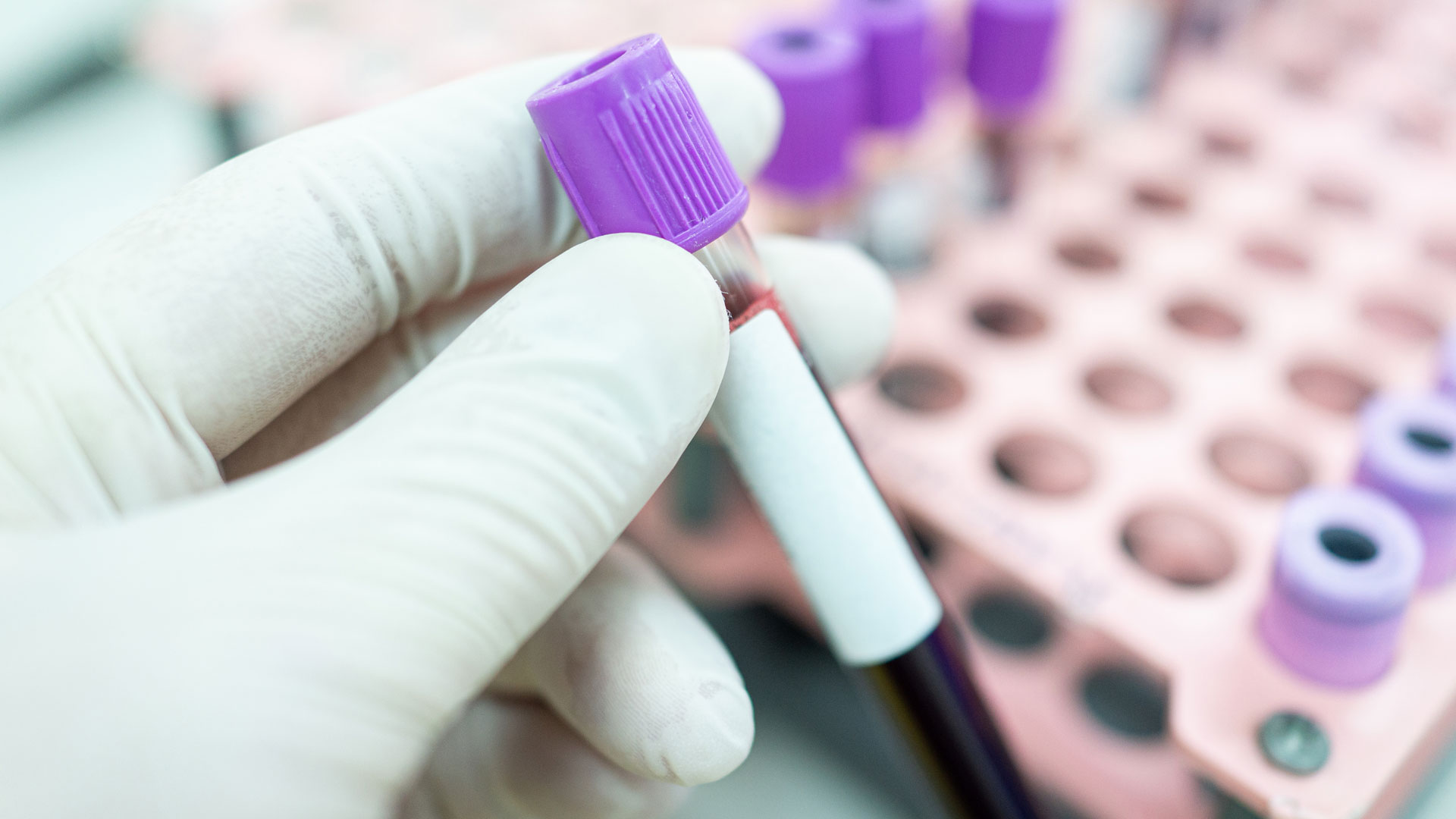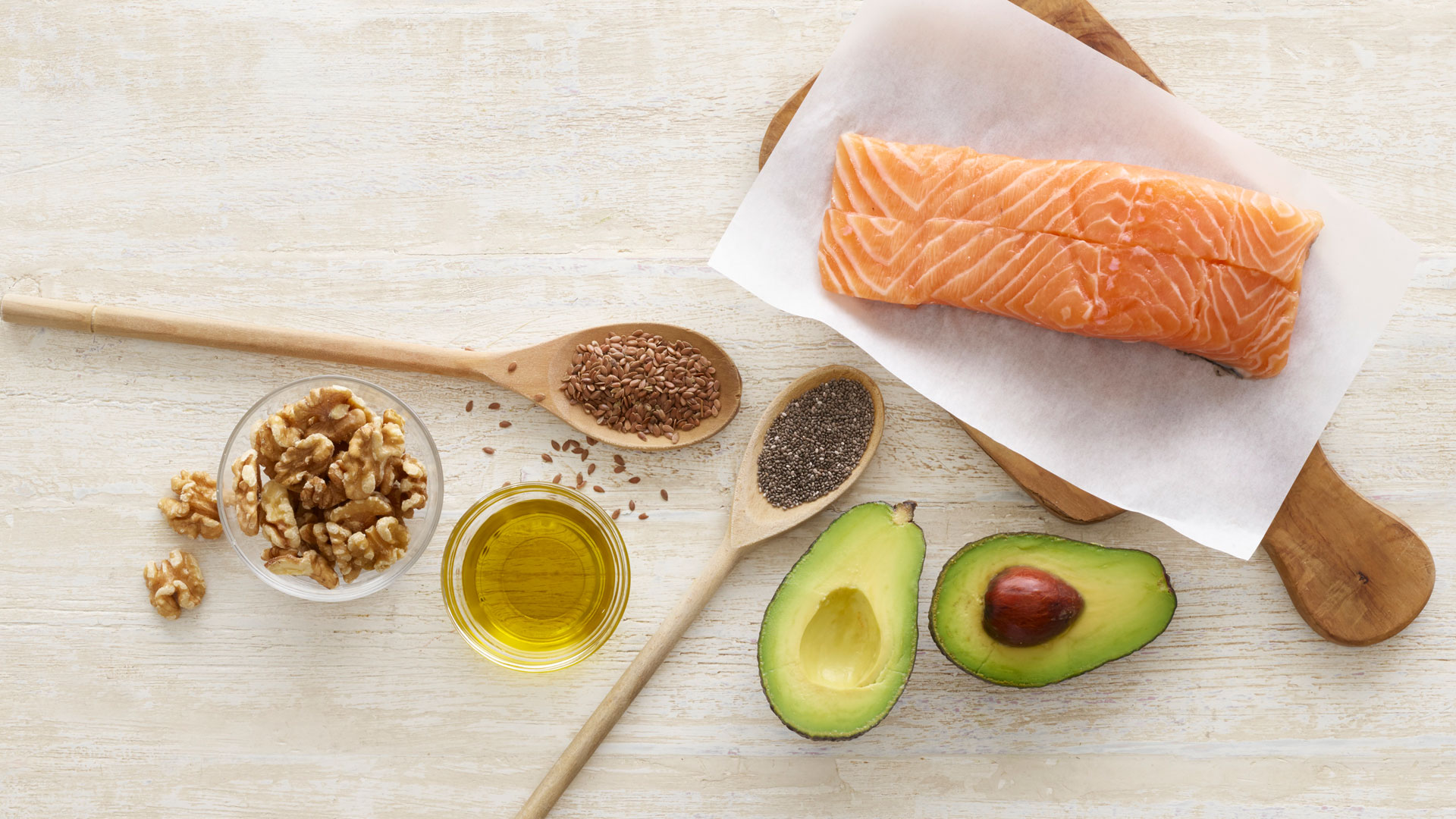
Start your week with achievable workout ideas, health tips and wellbeing advice in your inbox.
You are now subscribed
Your newsletter sign-up was successful
You may have been wondering; is saturated fat bad? Fat is one of three macronutrients that make up the basis of most of our diets. Along with protein and carbohydrates, it is used by the body as a source of energy and stored in our adipose tissue for times of starvation. But not all fat is created equal: saturated fat is in many processed foods, meats, and some of our sweet favorites like chocolate and ice cream. It gives the smooth, melty mouth-feel to chocolate and the crunch to crisps. Unfortunately, if we eat too many of these foods, we might be doing damage to our long-term health.
While saturated fat isn’t always compatible with health and weight loss goals, there are some other, better fats that you could be eating to support your body, and it’s always worth remembering that all foods can fit into a balanced diet when eaten in moderation, even those high in saturated fat.
If you want to get ahead of the curve with your fat loss journey, have a look at our guide to the best exercise machines to lose weight for some of our favorites.

What is saturated fat?
Saturated fat is a single bonded carbon chain that is saturated with hydrogen atoms, which means that it is generally solid at room temperature. Butter, animal fats on cuts of meat and coconut oil are all saturated fats. The USDA guidance for 2020-2025 recommends that less than 10% of your daily calories should come from saturated fat. However, an estimated 70% of Americans are consuming more than this recommendation, which has led to an increase in health problems such as cardiovascular disease and obesity.
Dr. Sarah Brewer, Medical Director of Healthspan and author of Nutrition: A Beginner’s Guide, breaks down some of the myths around saturated fat. “The reason saturated fat has a bad name is that some dietary saturated fats are converted into cholesterol in the liver,” she says. “Having said that, over a third of those found in meat and dairy products have a neutral effect on your cholesterol levels. This does not mean that a high saturated fat intake is harmless, however. Ideally, saturated fats should supply no more than 7% to 10% of your energy intake, which, for most people, means cutting back. Replace them with more beneficial fats – the omega-3s (e.g. found in fish, flaxseed, and walnut oils) and monounsaturates (e.g. found in olive, rapeseed, macadamia, avocado, and walnut oils).”
How does saturated fat affect the body?
According to a study in the International Journal of Molecular Sciences, overconsumption of saturated fats is one of the leading causes of obesity and related conditions in adults.

Brewer explains some of the risks related to eating too much saturated fat. “Eating excess saturated fat has been associated with an increased risk of coronary heart disease in some studies, but not in others,” she says. “Like all types of fat, it has a high-calorie content, and excess is linked with obesity. And, if you have a high cholesterol level, you may have inherited genes that mean you process saturated fat less well than other people.”
Start your week with achievable workout ideas, health tips and wellbeing advice in your inbox.
Dr. Deborah Lee of Dr Fox Online Pharmacy, also tells us why a diet high in saturated fat can have a negative effect on our health.“ High levels of saturated fat and trans fats in the diet lead to raised cholesterol levels in the bloodstream. These in turn are linked to the accelerated development of atherosclerosis – the medical term for the laying down of fatty plaques in the arteries,” she says. “These atheromatous deposits build up on the arterial wall, narrowing the vessel lumen, and obstructing the blood flow. The tissue distal to the blockage is relatively deprived of oxygen. In the coronary arteries this leads to angina, and if the artery becomes completely blocked, causes a heart attack.”
Which foods are high in saturated fat?
Dr. Lee lists her top culprits for high saturated fat content:
- “Fatty cuts of meat
- Cooked meat products such as meat pies, and sausage rolls
- Processed meats such as sausages, bacon, and salami
- Butter, cream, and lard
- Hard cheeses such as cheddar
- Ice cream
- Biscuits, cakes, pastries
- Snacks such as crisps, salty snacks, and popcorn
- Fried foods
- Pizza
- Chocolate”

While these all sound like all the ‘fun foods’, you do not need to avoid them completely. If you are aware of the amount of saturated fat in certain foods, you can make anything fit into a healthy balanced diet when you eat it in moderation. An ice cream cone at the beach isn’t going to completely derail any weight loss progress.
Are there good fats?
While all fats contain nine calories per gram, you will find that some fats are more nutritionally valuable to us than others. Polyunsaturated fats, such as Omega-3 and Omega-6, are needed for the proper functioning of our brains and bodies. Both Omega-3 and Omega-6 need to be consumed in balance with one another, according to a study in Biomedicine & Pharmacotherapy, as high levels of Omega-6 can contribute to the development or worsening of cardiovascular diseases, cancer, and inflammatory diseases. You can get Omega-3 from oily fish and egg yolks, and Omega-6 from nuts, seeds, and some legumes. Monounsaturated fats are found in vegetable oils, avocados, nuts, and seeds and are also important as they help to reduce the bad cholesterol in your body.
Dr. Lee told Fit&Well that although fat is often demonized, it is still an essential macronutrient. “Fat is an essential part of the diet. Your body needs fat for energy, to support the growth and development of many different tissues, and because some vitamins (A, D, E, and K) are fat soluble. Cholesterol is the precursor molecule for the steroid hormones - estrogen and progesterone. So, although it is important to restrict the amount of fat in the diet, the human body needs fat and can’t do without it altogether. Good fats are unsaturated fats. These are found in plant oils, such as olive, sunflower, rapeseed, and canola oil, and in fatty fish such as salmon, mackerel, sardines, and herring. Unsaturated fats are also found in walnuts, flax seeds, avocados, and sunflower seeds”
Find more articles covering food and its different benefits with which foods build muscle and what is the paleo diet?

Lou Mudge is a Health Writer at Future Plc, working across Fit&Well and Coach. She previously worked for Live Science, and regularly writes for Space.com and Pet's Radar. Based in Bath, UK, she has a passion for food, nutrition and health and is eager to demystify diet culture in order to make health and fitness accessible to everybody.
Multiple diagnoses in her early twenties sparked an interest in the gut-brain axis and the impact that diet and exercise can have on both physical and mental health. She was put on the FODMAP elimination diet during this time and learned to adapt recipes to fit these parameters, while retaining core flavors and textures, and now enjoys cooking for gut health.
